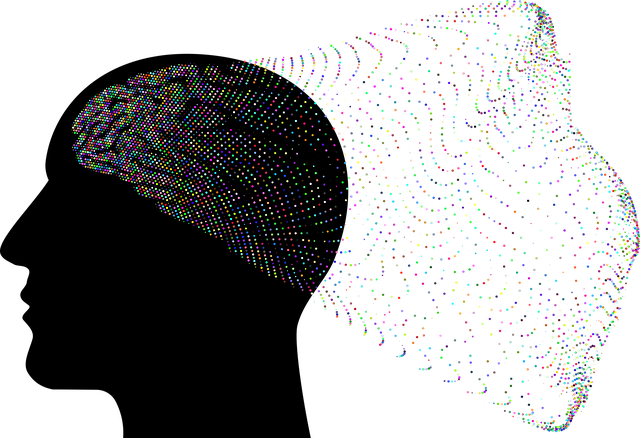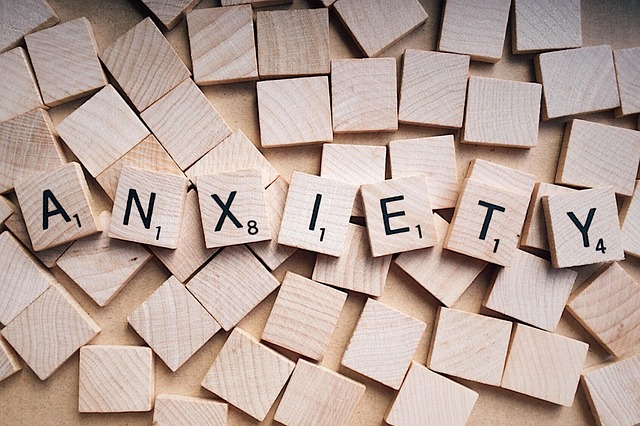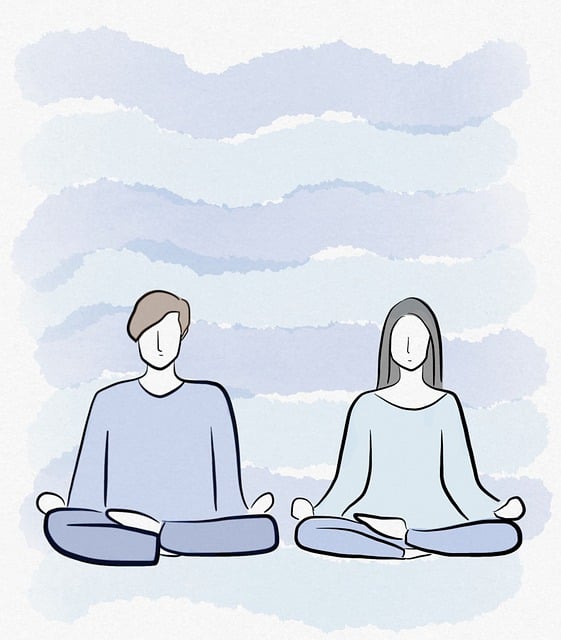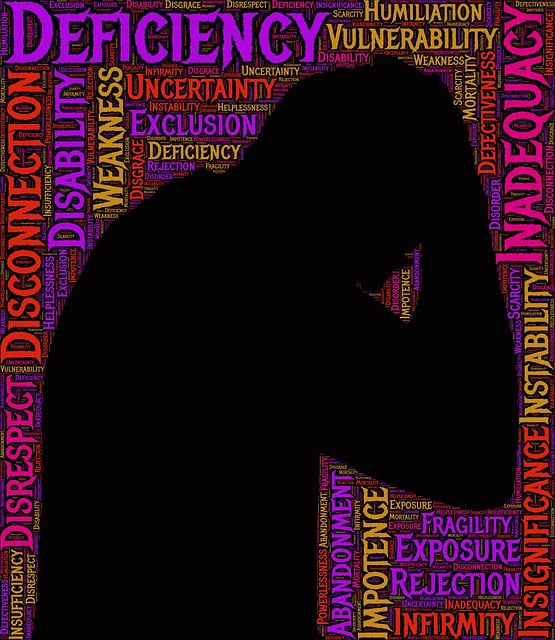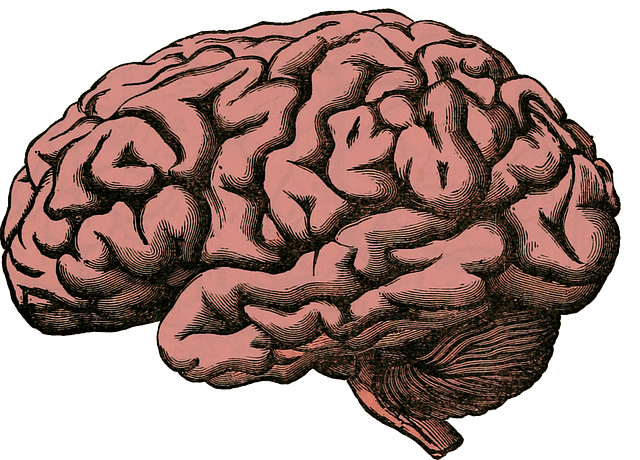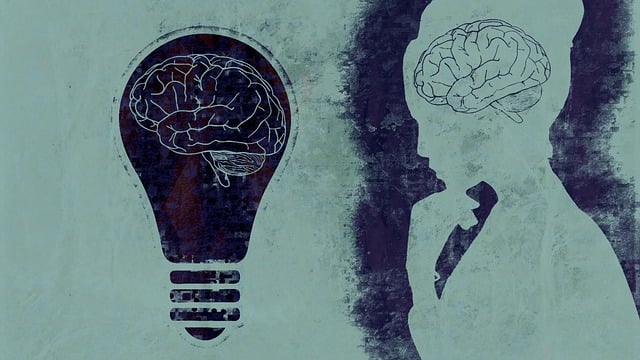Northglenn Abuse Survivors Therapy (NAST) offers culturally sensitive mental healthcare tailored to individual needs, focusing on holistic self-care plans. By encouraging personalized practices like meditation, journaling, and time in nature, NAST empowers clients to manage trauma and enhance overall well-being. Morning rituals, regular physical activity, and nature walks are key components of their approach, combined with mindfulness, gratitude, and optimal sleep practices for comprehensive mental wellness support.
In today’s fast-paced world, prioritizing mental wellness is more crucial than ever. For individuals with a history of trauma, like those supported by Northglenn Abuse Survivors Therapy (NAST), establishing a robust self-care routine can be transformative. This article guides you through crafting a holistic mental wellness routine. We explore understanding your unique needs, identifying powerful self-care activities, and creating rituals for emotional healing. By integrating physical activity, nature, mindfulness, gratitude, and sleep practices, you’ll unlock the path to enhanced mental clarity and overall wellbeing.
- Understanding Your Mental Wellness Needs: A Northglenn Abuse Survivors Therapy Perspective
- Identifying Self-Care Activities for Emotional Healing and Growth
- Creating a Personalized Morning Ritual for Mental Clarity
- Integrating Physical Activity and Nature into Your Daily Routine
- Cultivating Mindfulness, Gratitude, and Sleep Practices for Wellbeing
Understanding Your Mental Wellness Needs: A Northglenn Abuse Survivors Therapy Perspective

Understanding one’s mental wellness needs is a crucial step in developing a self-care routine that works for them. At Northglenn Abuse Survivors Therapy (NAST), we emphasize the importance of tailored care, recognizing that every individual has unique experiences and challenges. Our approach incorporates cultural sensitivity in mental healthcare practice, ensuring that diverse perspectives are considered. Healthcare provider cultural competency training is integral to our methodology, as it enables us to offer empathetic support that resonates with clients from various backgrounds.
This personalized understanding extends to helping individuals identify their specific mental wellness requirements, whether it’s managing stress, cultivating self-esteem improvement, or coping with trauma. By delving into these needs, NAST guides clients towards creating a holistic self-care plan. This plan not only addresses immediate concerns but also fosters long-term mental resilience and well-being.
Identifying Self-Care Activities for Emotional Healing and Growth

Identifying Self-Care Activities for Emotional Healing and Growth is a crucial step in one’s journey to mental wellness. For individuals who have experienced trauma or abuse, such as those seeking therapy at Northglenn Abuse Survivors Therapy, self-care becomes an essential tool for emotional recovery and growth. It involves intentional activities that nurture the mind, body, and spirit, helping to counteract the effects of stress, anxiety, and depression often associated with traumatic events. Engaging in regular self-care practices can facilitate burnout prevention and promote a sense of stability and resilience.
This process is deeply personal, allowing each individual to create their unique set of Self-Care Practices tailored to their needs. Incorporating activities like meditation, journaling, spending time in nature, or practicing hobbies can aid in processing emotions, reducing stress, and fostering self-compassion. By prioritizing these Self-Care Practices, one can enhance their overall well-being and develop effective Stress Reduction Methods, ultimately supporting their emotional healing and personal growth.
Creating a Personalized Morning Ritual for Mental Clarity

Starting your day with a personalized morning ritual can significantly enhance mental wellness and clarity. It’s an opportunity to set an intention for a positive mindset and prioritize self-care before the chaos of daily life begins. For Northglenn Abuse Survivors Therapy clients, creating such a routine might involve practices that nurture inner strength development. This could be as simple as dedicating 10 minutes for mindful breathing exercises or engaging in light stretching to ease into the day with a sense of calm and presence. Incorporating these moments can help manage stress levels and promote better emotional regulation throughout the day, especially when combined with trauma support services.
A personalized morning ritual should resonate with your unique needs and preferences. Perhaps it includes journaling as a form of self-reflection or practicing gratitude by writing down three things you’re thankful for. Some people find solace in creative expression like painting or playing music to boost their mood and energize their mind. The key is to listen to your body and spirit, ensuring that each element of your ritual contributes to a sense of balance, peace, and resilience—essential components of stress management.
Integrating Physical Activity and Nature into Your Daily Routine

Incorporating regular physical activity and nature walks into your self-care routine is a powerful way to enhance mental wellness, especially for Northglenn Abuse Survivors Therapy clients. The benefits are vast; outdoor exercise releases endorphins, reducing stress and anxiety while improving overall mood. Additionally, spending time in nature has been shown to lower blood pressure, boost the immune system, and enhance cognitive function—all vital aspects of holistic healing. This simple yet effective strategy can easily be integrated into daily life, whether it’s a brisk walk during lunch breaks or joining a local hiking group for weekend excursions.
Cultural sensitivity in mental healthcare practice plays a significant role here. Tailoring outdoor activities to cater to diverse cultural needs and preferences ensures inclusivity. For instance, some cultures may prefer traditional forms of exercise like tai chi or qigong, while others might enjoy community gardening or yoga in natural settings. Northglenn Abuse Survivors Therapy professionals can leverage social skills training to create supportive groups for these activities, fostering a sense of belonging and further promoting mental health recovery. Risk management planning for mental health professionals is also crucial when organizing such outdoor programs to ensure the safety and well-being of all participants.
Cultivating Mindfulness, Gratitude, and Sleep Practices for Wellbeing

Cultivating mindfulness, gratitude, and optimal sleep practices are powerful tools for enhancing mental wellness. Northglenn Abuse Survivors Therapy emphasizes the importance of these practices in fostering resilience building and self-esteem improvement. Mindfulness involves being fully present in the moment, without judgment, which can help to reduce stress and anxiety. Expressing gratitude, through activities like keeping a gratitude journal, shifts focus towards positive aspects of life, promoting a sense of contentment and overall wellbeing. Adequate sleep is crucial for regulating emotions, strengthening memory, and bolstering the immune system—all contributing factors to a healthy mental state.
Integrating these practices into daily routines can be transformative. For instance, starting the day with a mindful meditation or engaging in gratitude exercises before bed can set a positive tone. Prioritizing sleep by establishing consistent sleep times and creating a relaxing bedtime routine ensures energy levels are optimal for navigating life’s challenges. These simple yet effective strategies empower individuals to take charge of their mental wellness, fostering communication strategies that promote open dialogue about emotional well-being.
Developing a robust mental wellness self-care routine is a transformative journey, as evidenced by the insights from Northglenn Abuse Survivors Therapy. By understanding your unique mental wellness needs and incorporating activities that nurture emotional healing and growth, you can create a personalized ritual for clarity. Integrating physical activity, nature, mindfulness, gratitude, and sleep practices into your daily life enhances overall wellbeing. Remember, consistent self-care is not just a trend but a powerful tool to navigate life’s challenges and cultivate resilience.
